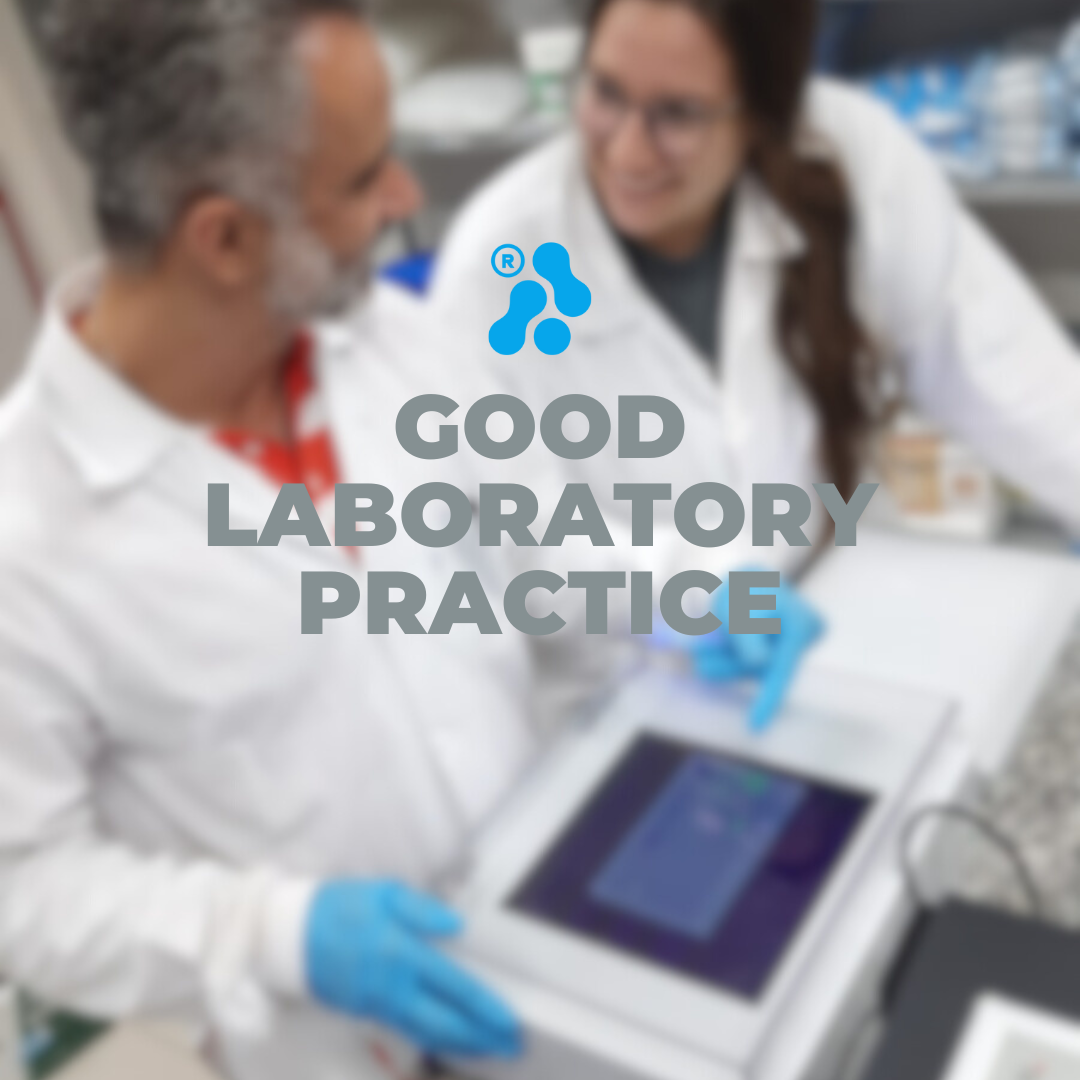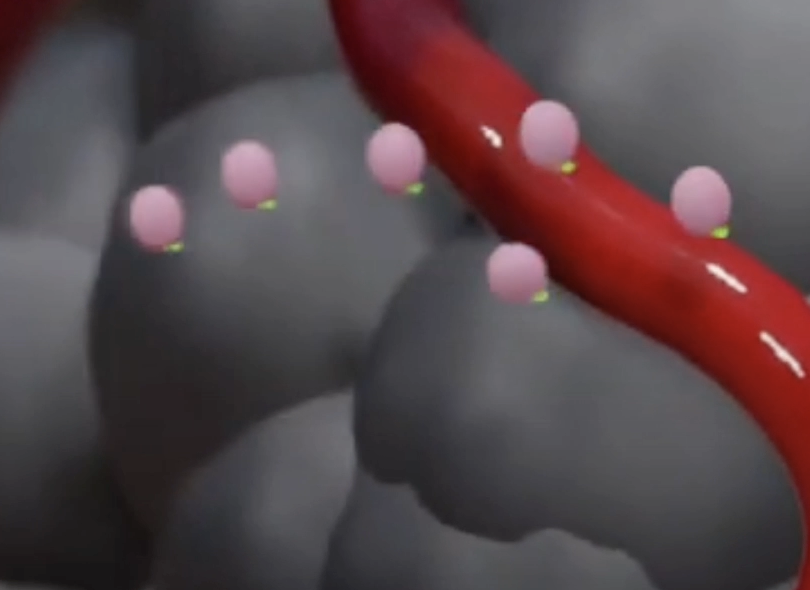We are used to talk about Good Manufacturing Practice (GMP), however, have you thought the importance of the Good Laboratory Practice (GLP)?
While GLP and GMP serve different purposes and address different stages of product development and manufacturing, they are both essential components of the regulatory framework governing the biopharmaceutical industry. GMP ensures the consistent production and quality control of commercial products for human use, while GLP provides the foundation for generating reliable preclinical data to support regulatory submissions.
GLP laboratories play a crucial role in biopharmaceutical development for several reasons:
1. Regulatory Compliance: GLP ensures that laboratory studies are conducted consistently and according to established standards, protocols, and regulatory requirements. Adhering to GLP principles is essential for regulatory submissions and approvals by agencies such as the FDA, EMA, and other regulatory authorities worldwide.
2. Data Integrity and Reliability: GLP standards promote data integrity, accuracy, and reliability in laboratory studies. This ensures that the data generated from preclinical and non-clinical studies are credible and can be used to support safety, efficacy, and quality assessments of biopharmaceutical products.
3. Quality Assurance: GLP laboratories implement robust quality assurance systems to monitor and evaluate all aspects of laboratory operations, including study design, conduct, documentation, and reporting. Quality assurance measures help identify and mitigate potential errors or deviations, ensuring the quality and validity of study results.
4. Risk Management: GLP guidelines emphasize risk management principles to identify, assess, and mitigate risks associated with laboratory activities. By implementing risk-based approaches, GLP laboratories can proactively address potential risks to data integrity, study conduct, and compliance with regulatory requirements.
5. Transparency and Traceability: GLP promotes transparency and traceability in laboratory operations by establishing clear procedures for documenting, archiving, and reporting study-related information. Transparent documentation facilitates regulatory inspections and audits, ensuring accountability and compliance with regulatory standards.
6. International Acceptance: GLP is recognized internationally as a standard for conducting laboratory studies in various industries, including pharmaceuticals, biotechnology, and chemicals. GLP-compliant data generated by laboratories are accepted by regulatory authorities worldwide, facilitating global product development and registration.
7. Interdisciplinary Collaboration: GLP laboratories often involve interdisciplinary teams of scientists, researchers, and technicians with diverse expertise in areas such as pharmacology, toxicology, bioanalytical sciences, and regulatory affairs. Collaboration among team members ensures comprehensive evaluation and interpretation of study results.
8. Continual Improvement: GLP promotes a culture of continual improvement in laboratory practices, procedures, and processes. By conducting regular internal and external audits, GLP laboratories identify areas for improvement and implement corrective and preventive actions to enhance the quality and efficiency of laboratory operations.
In summary, adhering to GLP standards is essential for generating reliable and high-quality data to support the development, registration, and commercialization of biopharmaceutical products.
At the end of this month, we will inaugurate our new laboratory in compliance with Good Laboratories Practices. Stay tuned for more information!



